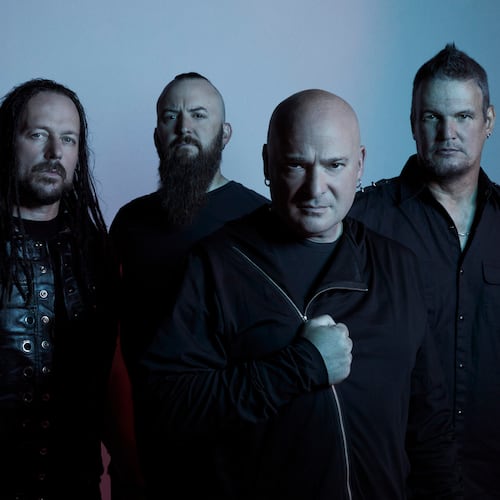All around the world on Tuesday, Oct. 10, people are getting real about mental health.
Tuesday marks World Mental Health Day 2017, a day meant to bring awareness to mental health education, encourage conversation and advocate against social stigma associated with mental health diagnoses.
One such emotion related to mental health is anxiety.
Here are eight things to know about anxiety:
What is anxiety?
Anxiety, according to the American Psychological Association (APA), is defined as "an emotion characterized by feelings of tension, worried thoughts and physical changes like increased blood pressure."
How is anxiety different from anxiety disorder?
While anxiety is a normal emotional reaction to stress, anxiety disorders involve excessive fear or anxiety.
Generally, someone with anxiety disorder would have fear or anxiety that is out of proportion to the situation or inappropriate for his or her age.
The anxiety would also affect normal day-to-day function.
Types of anxiety disorders
There are multiple types of anxiety disorders, such as generalized anxiety disorder, panic disorder, phobia or specific phobia, agoraphobia (fear of being in spaces from where it may be difficult or embarassing to escape), social anxiety disorder and separation anxiety disorder.
You can learn more about each at psychiatry.org.
What causes anxiety disorders?
A mix of genetic, environmental, psychological and developmental factors could lead to anxiety disorders, but the direct causes are currently unknown, according to the APA.
Some common symptoms include excessive worry, tense muscles, self-consciousness, trouble falling or staying asleep, irrational fears among several others.
Many symptoms overlap with related disorders, such as obsessive-compulsive disorder (perfectionism, compulsive behavior) or post-traumatic stress disorder (flashbacks).
How many people in the U.S. have anxiety disorder?
Research from the Anxiety and Depression Association of America (ADAA) shows anxiety disorders are the most common mental illness in the U.S., affecting 40 million American adults 18 years or older (18.1 percent) each year.
Is anxiety disorder treatable?
Yes, it is highly treatable. But unfortunately, many people with anxiety disorders don’t actually seek help.
Effective treatments include psychotherapy (or talk therapy) and medications.
Talk therapy can often help people learn how to think, react and behave in a way that leaves them less anxious.
Anti-anxiety medications and antidepressants are commonly prescribed but are used as relief from symptoms, not as cures.
What should you do if you have overwhelming feelings of anxiety?
Seek help and talk to your doctor. Your doctor will help you figure out whether to and how to work with a mental health professional to get you the best treatment.
Related: People who live in this Georgia city are among the most stressed in America, study says
Tips to manage your anxiety and stress
The ADAA put together this helpful infographic with simple but effective tips, such as improving your eating and sleeping habits, squeezing some fitness into your day and more.
About the Author
Keep Reading
The Latest
Featured



